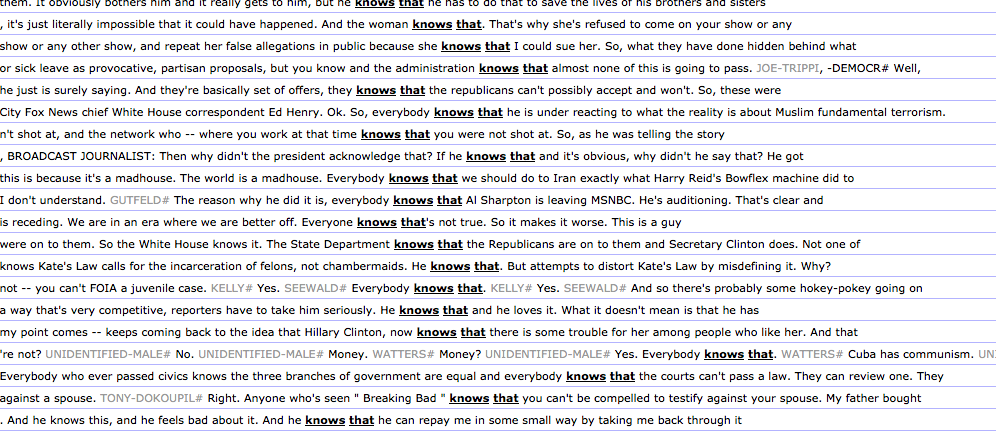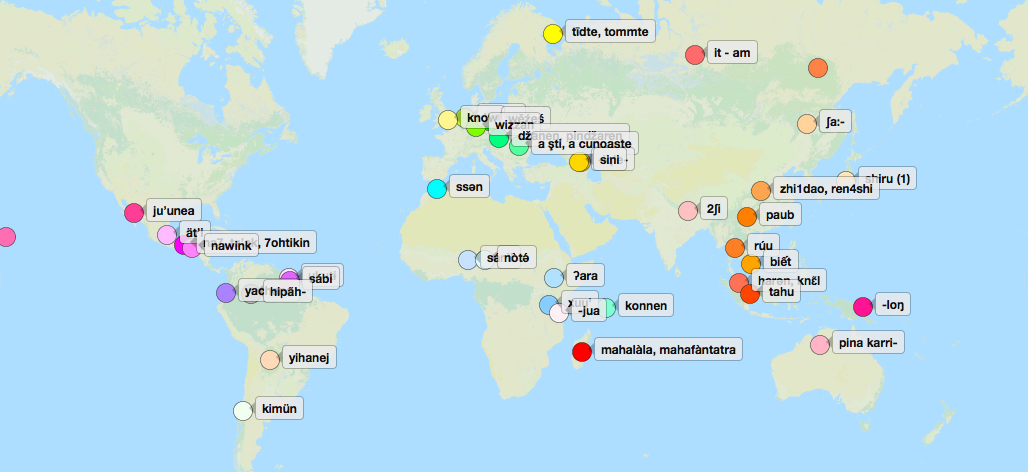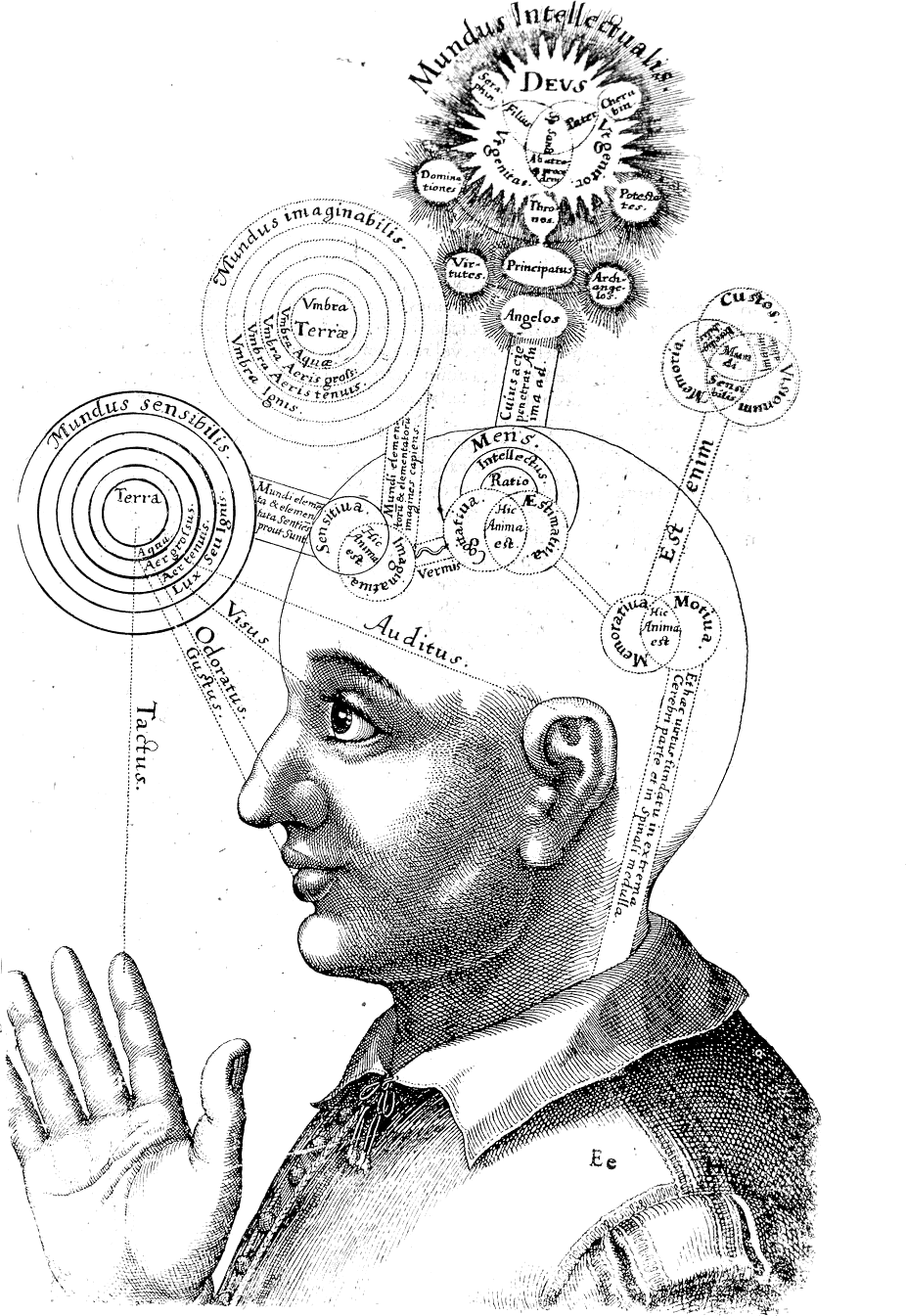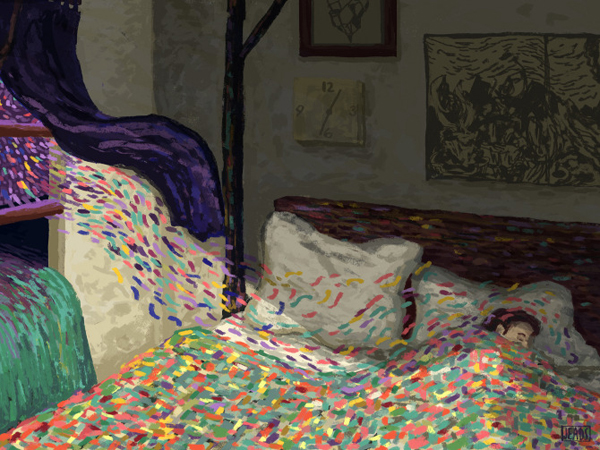Factive verbs and factive mental states
My last post went back to babies, to see if the dawn of mental state attribution might show us something about the relationship between knowledge and belief. Even for those who take the concept of belief to be innate or very early-developing, belief attribution is weirdly dependent on knowledge attribution …







